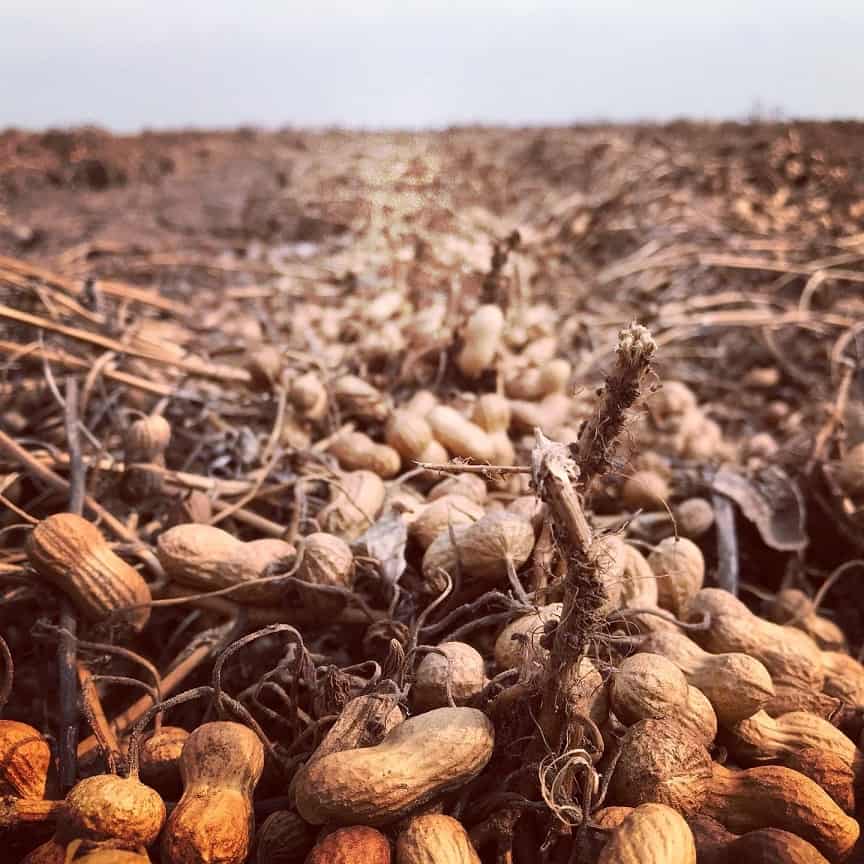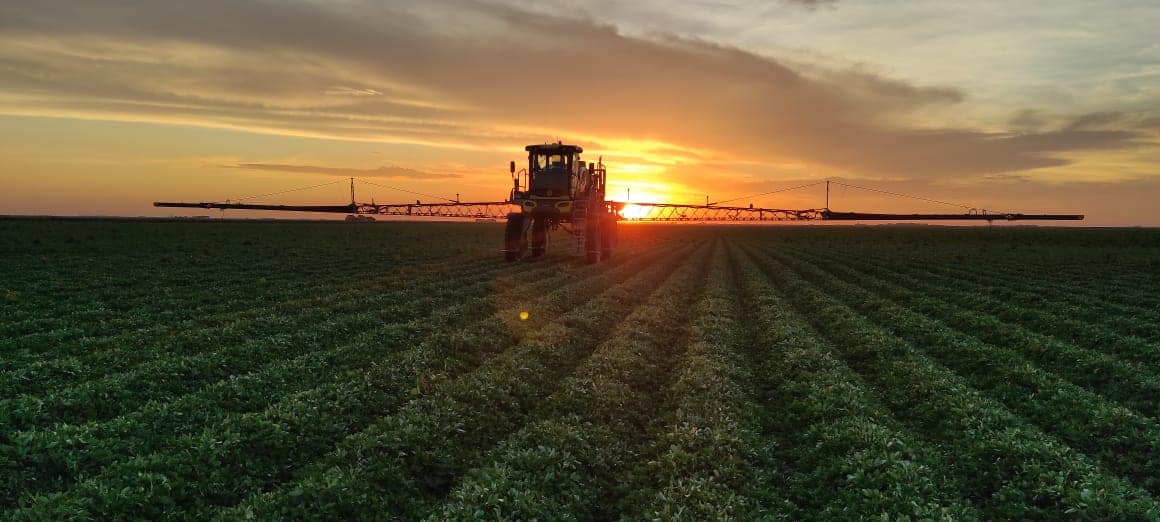At Importaco we carry out a sustainable production model because we have a commitment to generating a positive impact on the health of the planet and people. That is why all the practices that make up our value chain revolve around this concept and, in fact, we have established strategic alliances that allow us to develop our activity and, at the same time, promote development in the areas we operate in.
A good example of these practices is the project for sustainable peanuts and respect for food security that we are developing in Argentina. We have 680 hectares of our own crops in this country and we also collaborate with other farms in the territory where we also implement a model that improves agricultural practices. Through this system, we guarantee quality and food safety by implementing specific actions such as:
- Minimizing the use of phytosanitary products.
- Optimizing soil health through active waste management.
- Using water efficiently.
- Monitoring the risk of crop contamination in order to eliminate it.
In this regard, we employ a program to prevent emerging risks to peanuts such as viruses, bacteria and toxins at the growing and harvesting stages, enabling us to ensure maximum product traceability throughout the supply chain. This, in turn, allows us to maximize vertical integration and develop long-term production strategies, either in-house or integrated.
Technology and precision for obtaining the best peanuts on the market
The use of the latest technical resources helps us to develop optimal crop management. We have state-of-the-art machinery that increases the efficiency and precision of all agricultural activities while minimizing their environmental impact.
We are part of the Argentina Peanut Sustainability Project alongside other members of the SAI Platform. The aim of this project is to align the expectations and requirements of European buyers with the performance of South American suppliers and, based on that, to continue exploring sustainability practices and new opportunities within the Argentinean peanut sector. In addition, we are part of the Sustainable Agriculture Initiative, which allows us to improve our farmers’ practices and reduce the environmental impact of our crops.

Through the Farm Sustainability Assessment (FSA) we assess, improve and validate the sustainability of the farms in our peanut supply chain in Argentina, allowing us to carry out responsible, consistent and environmentally friendly production.
Another of our pillars as a company is respect for human rights and the international standards set by the International Labor Organization and the Organization for Economic Co-operation and Development. That is why we work with suppliers who are subject to the Code of Conduct that safeguards workers’ rights, and why we use the SEDEX Platform and SMETA 4P audits to control and monitor the working conditions of all the people in our supply chain.
